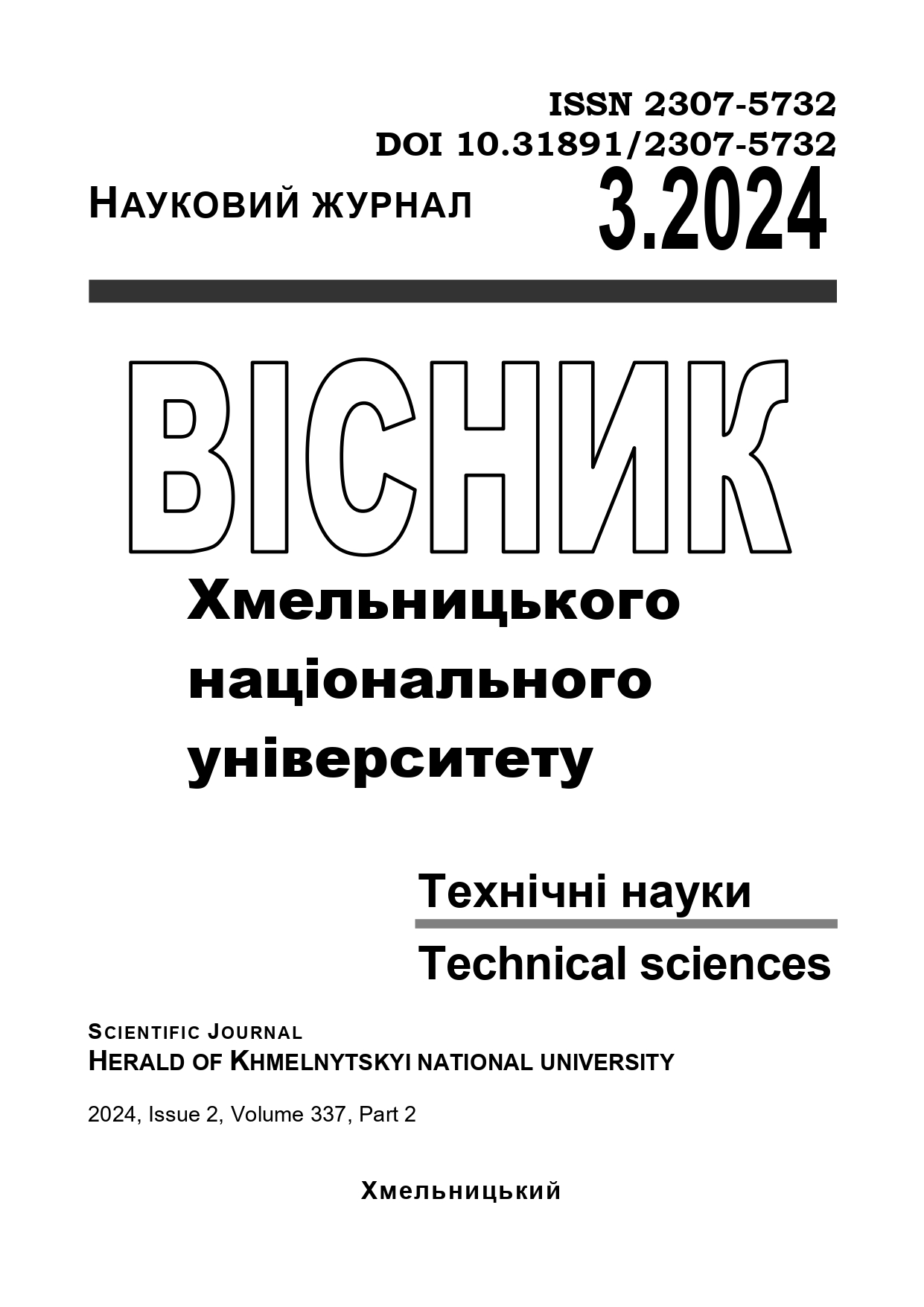IMPACT OF ARTIFICIAL INTELLIGENCE ON INFORMATION SYSTEMS PROTECTION STRATEGIES AGAINST NEW TYPES OF CYBER THREATS
DOI:
https://doi.org/10.31891/2307-5732-2024-337-55Keywords:
artificial intelligence, cybersecurity, cyberattack, cyber threat, national security, information technologies, machine learningAbstract
This article explores the impact of artificial intelligence (AI) on strategies for protecting information systems against new types of cyber threats, with a focus on current methods and technologies. It examines not only the key advantages of using AI, such as improved threat detection accuracy, faster response to cyberattacks, and automation of security management processes, but also the drawbacks and challenges associated with its application. Innovative aspects of generative artificial intelligence, including ChatGPT, and its impact on the development of new attack and defense methods are studied. Legal aspects of regulating AI in the field of cybersecurity in Ukraine are investigated, along with the primary threats arising from the implementation of such technologies, based on the 2023 Europol report. The review of EU legislative initiatives concerning AI regulation, particularly in the context of cybersecurity, provides essential insights. The article also offers recommendations for improving legal frameworks to better utilize AI in cybersecurity, especially under the conditions of martial law in Ukraine, aiming to enhance national security and protect information technologies.
In addition to examining the benefits and limitations of AI in cybersecurity, this article delves into the practical challenges organizations face when integrating AI solutions. It addresses issues such as the need for substantial computational resources, the potential for algorithmic biases, and the complexities of ensuring data privacy and ethical use of AI technologies. The discussion highlights the importance of balancing technological advancement with robust ethical standards and regulatory oversight to mitigate risks associated with the misuse of AI.
Furthermore, the article explores the potential future developments in AI that could influence cybersecurity strategies. It considers emerging trends such as the evolution of machine learning algorithms, the integration of AI with other advanced technologies like quantum computing, and the role of international collaboration in addressing global cybersecurity threats. By analyzing these aspects, the article aims to provide a comprehensive understanding of how AI can be leveraged to enhance cybersecurity while also addressing the associated challenges and risks.

